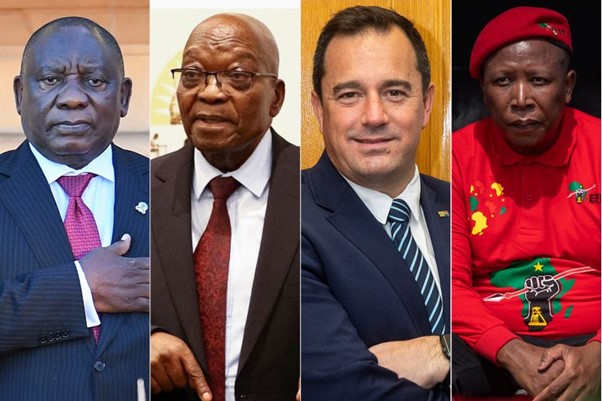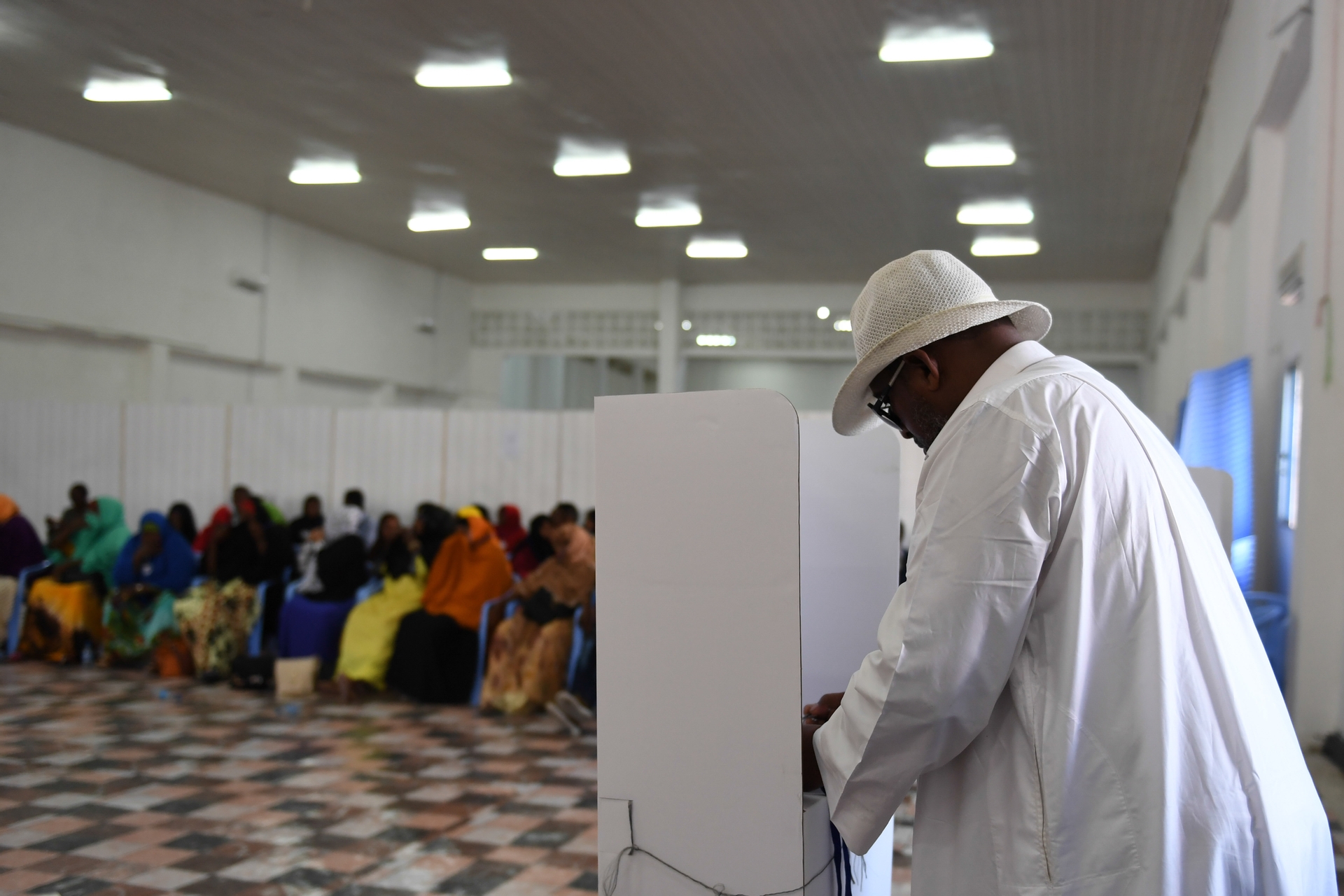When we lose our fear, they lose their power!
– Anonymous.
I recognize these words, though their origin eludes me. My first encounter with them was in July 2020, spoken by Kenyan activist Wanjira Wanjiru. She fearlessly defied police arrest during a women-led protest against police brutality in Nairobi. I am not sure if she was the one who first said them though.
These words have echoed through the streets of Nairobi and other major towns in Kenya this week. Youthful protestors, some as young as 18, took to the streets to voice their opposition to the government’s attempt to raise taxes on basic items, which they believe would make life unbearable.
The targeted items for increased taxes included bread, money transfer services, a new annual tax for motor vehicle owners, sanitary towels, and diapers.
Undeterred, these young Kenyans in their thousands marched in style, clad in black clothes and brandishing smartphones instead of crude weapons associated with past political protests.
Their destination: Kenya’s parliament building. Along the way, they sang, danced, and paused only to capture selfies and videos, sharing their powerful message on social media platforms like TikTok, Instagram, and X (formerly Twitter).
“We are peaceful! We are peaceful! We are peaceful!,” they chanted whenever they felt overwhelmed by the teargas canisters constantly being lobbed by anti-riot police.
THEY NEVER SAW THIS COMING!!!!
✊✊✊✊✊✊✊✊✊✊✊✊✊
“…FINYAAAAAA KABISAAA!!!!…”#RejectFinanceBill2024 #RevolutionKE #OccupyParliament pic.twitter.com/LonxWYFErS
— Xtian Dela™ (@xtiandela) June 20, 2024
When their voices fell short, the placards stepped up to the task. Messages like ‘Reject Finance Bill 2024,’ ‘Reject without amendments,’ or simply ‘Reject!’ adorned the protest signs. Some of these placards carried witty slogans, aimed at both the president and parliament members aligned with the government.
This one, for instance, made fun of the president’s wardrobe:
Classy and sassy!
The Devil Wears Kaunda ⁉️ pic.twitter.com/qG0RONUlLG
— İnż. Ndolo (@IngNdolo) June 20, 2024
This other one was targeted at the members of parliament set to vote on the new revenue mobilization bill. Perhaps you are asking, “Why the pig caricature?” In Kenya, members of parliament (MPs), have often been referred to as MPigs for their greed when it comes to allocating huge benefits for themselves at the expense of the taxpayers.
We are working on placards for #OccupyParliament, and we want you to share a message of a placard you want to carry. Quote or reply this tweet with your #RejectFinanceBill2024 message to Zakayo. #TokeaTuesday pic.twitter.com/q8bS31BHBD
— The People’s Watchman (@bonifacemwangi) June 16, 2024
How did they organize themselves? For too long, young Kenyans have been labelled ‘keyboard warriors,’ preferring the comfort of staying behind screens rather than taking real action on the country’s political issues.
But this generation refuses to fall into that trap. They harnessed social media platforms, particularly TikTok, to mobilize. They explained to their peers why these protests matter, making it cool to turn up and raise their voices.
Hear here, Generation Z speaks truth #RejectFinanceBill2024 RUTO MUST GO! pic.twitter.com/ZGzVYTPgnv
— Kabando Wa Kabando (@Wakabando) June 20, 2024
Furthermore, they established a clear code of conduct for protestors, ensuring their safety, that of deployed police officers, and the protection of people’s properties and businesses. They even had guidelines against littering.
Remarkably, these protests exhibit a distinct organic nature, devoid of visible leaders—a departure from past demonstrations that were invariably spearheaded by recognized opposition politicians or civil society figures. Occasionally, a handful of individuals have asserted leadership within the movement, only to be categorically rejected by the protesting youth.
When the protests concluded for the day, the only remnants on the streets were the water stains left by the cannons used by riot police to disperse the crowds.
Small tips for today.
– Bring a friend
– Be a friend
– Make sure you always know where your friend is.Viva!! ✊🏿✊🏿✊🏿#RejectFinanceBill2024 pic.twitter.com/vdc4RkfdWt
— igiriwM@ 🇰🇪 (@Mwirigi) June 20, 2024
I recently spoke with Jacqueline Otunga, a neighbour who actively participated in Thursday’s protests in Nairobi. I asked her why she believes this movement is crucial.
At just 22 years old, Jacqueline left university to stand in solidarity with her peers. She didn’t mince words when addressing my generation and that of her parents: “You are the biggest sellouts. If you had done what you were supposed to, we wouldn’t be in this situation. Fear ruled you, but we won’t be cowed. They may arrest or even kill some of us, but there’s no prison large enough for all of us, and they can’t extinguish our spirit.”
She continued, “Daniel, we’re fighting for you, your children, and our future offspring. We won’t repeat your mistakes. While you looked away comfortably, successive governments after independence taxed us and looted our resources instead of improving our lives.”
Her passion was evident. “These protests go beyond the Finance Bill. They mark the beginning of a battle for our nation’s soul. We show our peers and the entire country that we can unite against bad leadership. Unlike the tribal divisions of the past, out there on the streets, we are all Kenyans. This fight will continue, and mark my words, it will culminate at the ballot, creating a better country for all.”
True, the protesting youth seem not to be bound by our negative ethnicity baggage that has ruled our politics for years. Across the country they marched even in areas perceived to be government strongholds based on their ethnic composition.
In the annals of Kenyan protests, Thursday was unprecedented. Protesters breached the gates of State House Nairobi—a feat never before achieved. After parliament passed the Finance Bill, thousands took advantage of a lapse in judgment by the anti-riot police. They crossed Uhuru Highway and marched to the main entrance of State House before teargas forced them back. A scene previously unimaginable in Kenya.
Tragically, amidst the peaceful demonstrations, one protester lost his life. Rex Kanyike Masai was shot in the evening as young people danced and sang on Nairobi’s Moi Avenue, well past the legally allowed protest hours. His sacrifice has turned him into a hero for the cause.
Rex Kanyike Masai died for us, our children and our country .
May we not rest till we find justice for him.#RIPRex pic.twitter.com/oUGDbSYWbB
— Don Bull (@mainandegwa232) June 21, 2024
And as we look ahead, next week’s protests continue. One thing is certain: these young activists have forever altered Kenya’s political demonstrations. Perhaps, just perhaps, they’ve also reshaped the country’s politics. Only time will reveal the full impact of their unwavering commitment.
The revolution is live on TikTok, X and Instagram!
Cover photo: Courtesy of @Kevoh_254 on X



